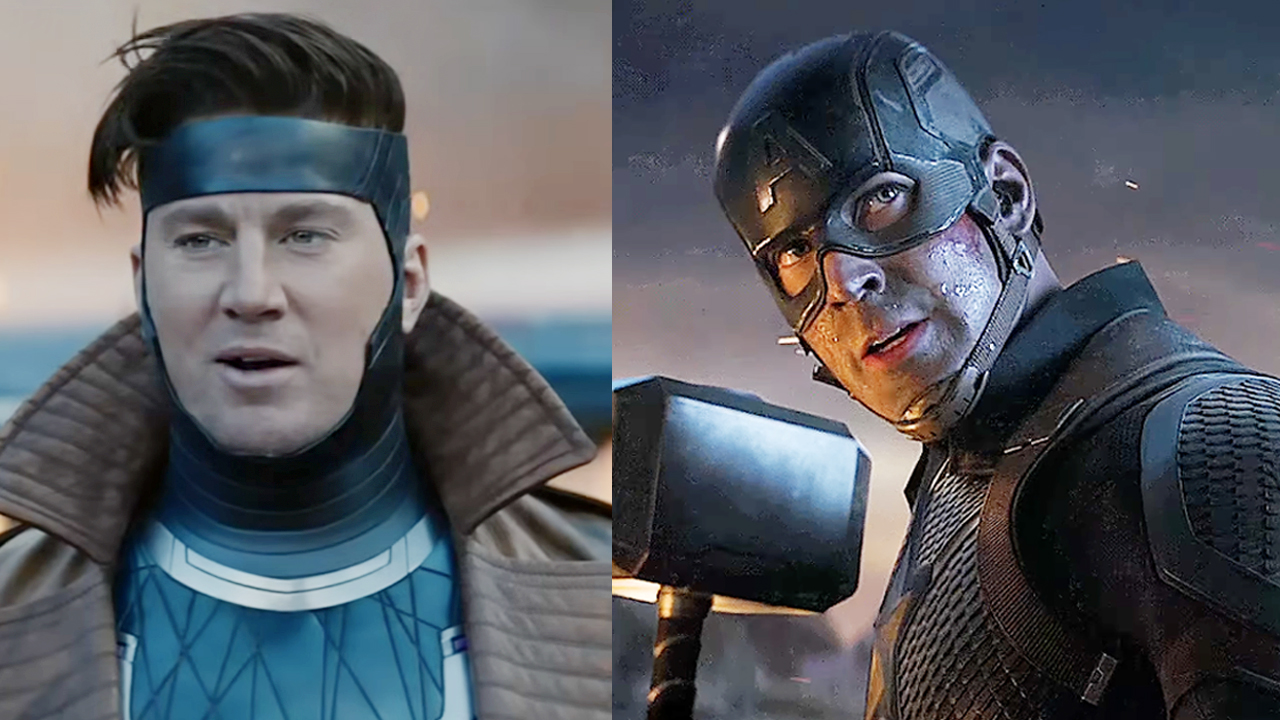The Timeline Of The Oscars Recognizing Native Americans, Including Lily Gladstone’s Historic 2024 Nomination
Quite the history...
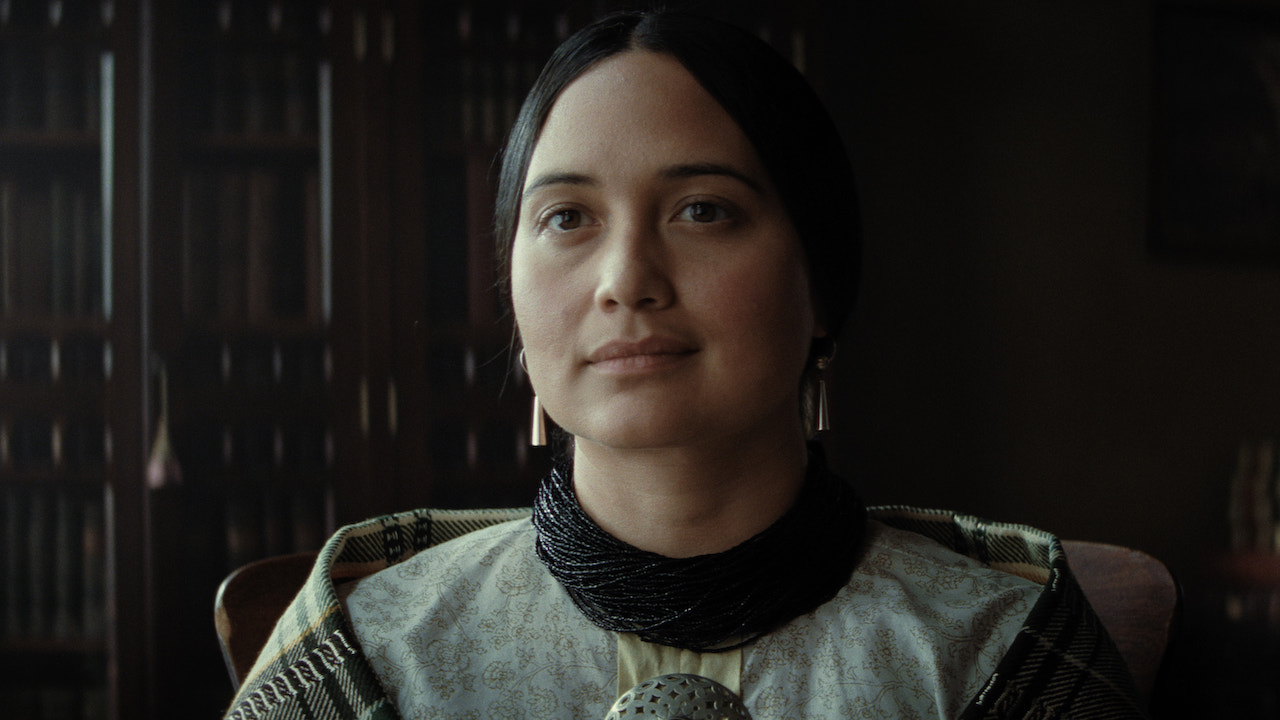
In 2024, Lily Gladstone received a history-making Oscar nomination for her celebrated performance in Killers of the Flower Moon. Though the actress of Piegan Blackfeet, Nez Perce, and European heritage didn’t end up winning the Best Actress category (Poor Things’ Emma Stone took home the trophy), her being nominated for one of the biggest awards in the industry was a massively inspiring story, one that will surely be impactful for years, if not decades, to come.
Over the years, there have been an admittedly small number of Native Americans and Indigenous North Americans who have been honored at the Academy Awards. Despite there being a short list, the impact and legacy of those who came before Gladstone and her contemporaries is something special. Here are their names and their on-screen accomplishments.
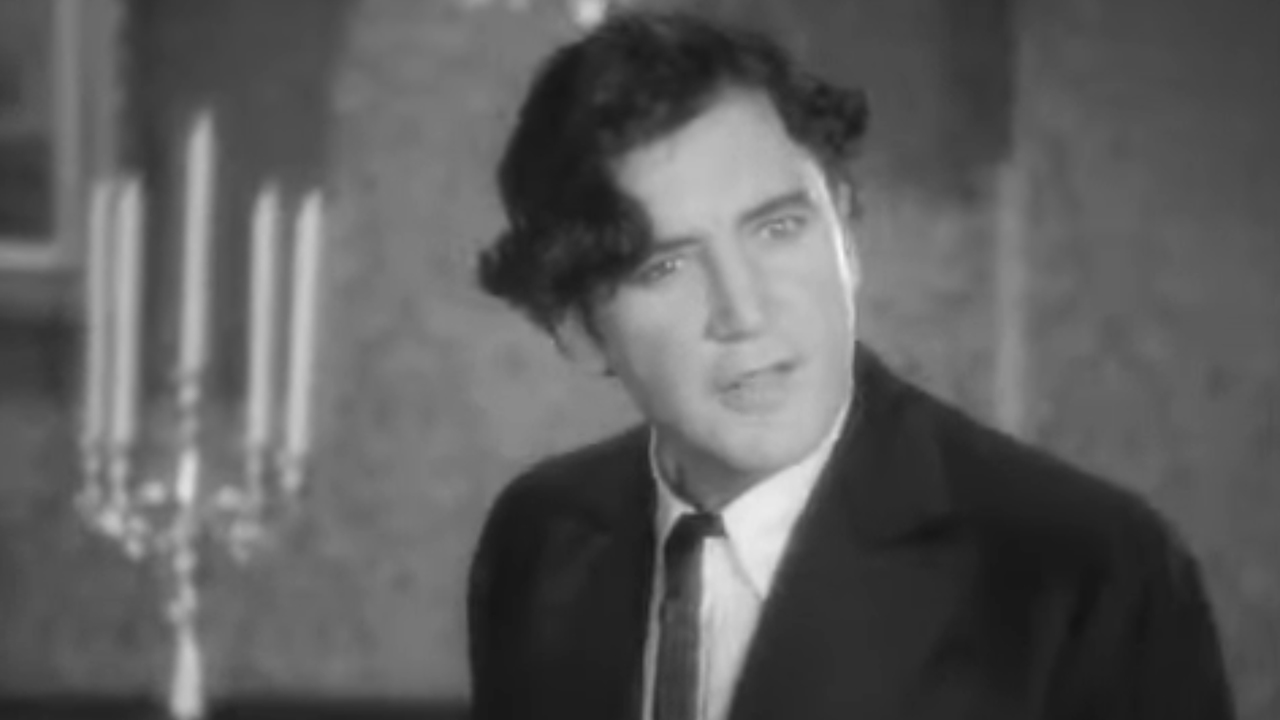
The 1931 Western, Cimarron, Was The First Film About Native Americans To Win Best Picture
Nearly 100 years before Killers of the Flower Moon was released and received 10 Oscar nominates, Wesley Ruggles’ 1931 Western, Cimarron, became the first movie about Native Americans to be named Best Picture. Just like Martin Scorsese’s three-and-a-half-hour epic about a long-overlooked series of murders, this film starring Richard Dix and Irene Dunne was also set deep in the heart of the Osage Nation in Oklahoma.
As Time Magazine described at the time of Cimarron’s release, the Best Picture winner centers on a man whose unwillingness to cheat the local Osage out of their oil profits cost him his political aspirations.
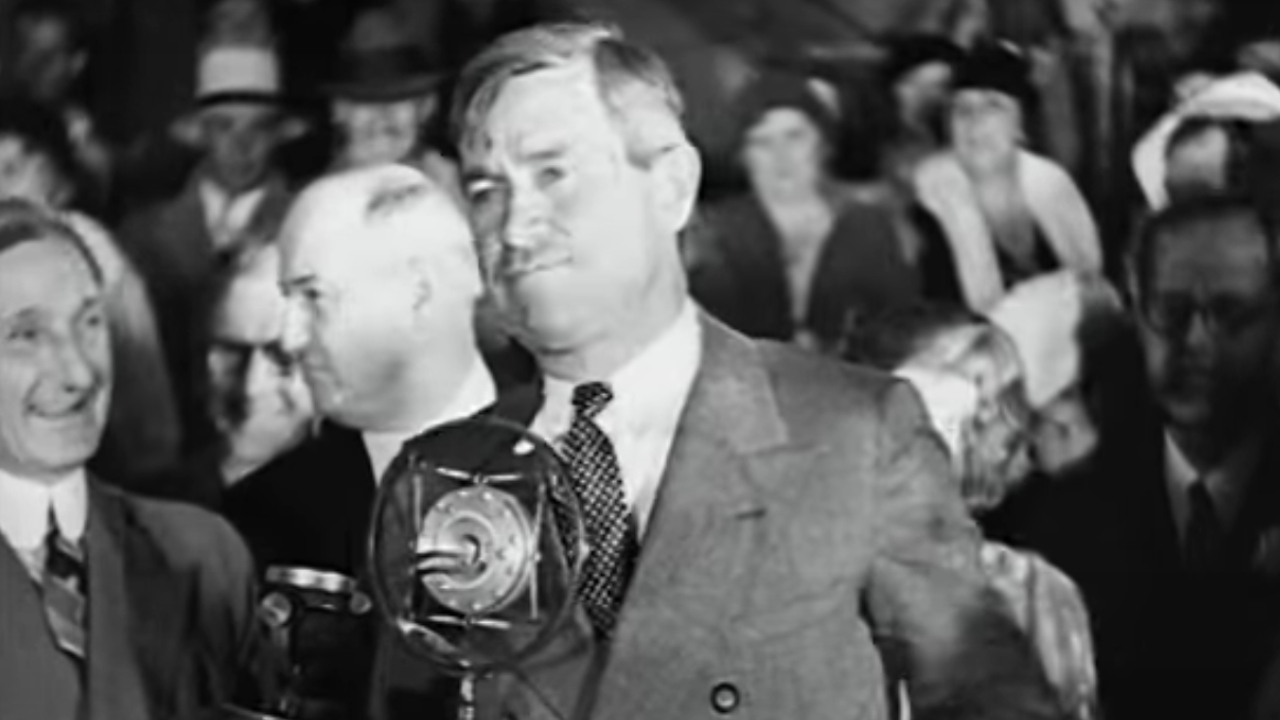
Will Rogers, Born In The Cherokee Nation, Hosted The 6th Academy Awards In 1934
Will Rogers, one of the most famous vaudeville performers in American history and prolific film actor in the early days of Hollywood, was one of the first Native Americans honored at the Academy Awards. But, instead of being named Best Actor, Best Supporting Actor, or winning in of any of the other categories, Rogers, who was born and raised in the Cherokee Nation, served as the host of the 6th Academy Awards in 1934.
Rogers became the first and only host of Native American heritage to host the awards show, and, according to a report by The Hollywood Reporter at the time, the emcee was in “ribbing” form throughout the ceremony, though he was also able to handle the more serious moments of the night as well.
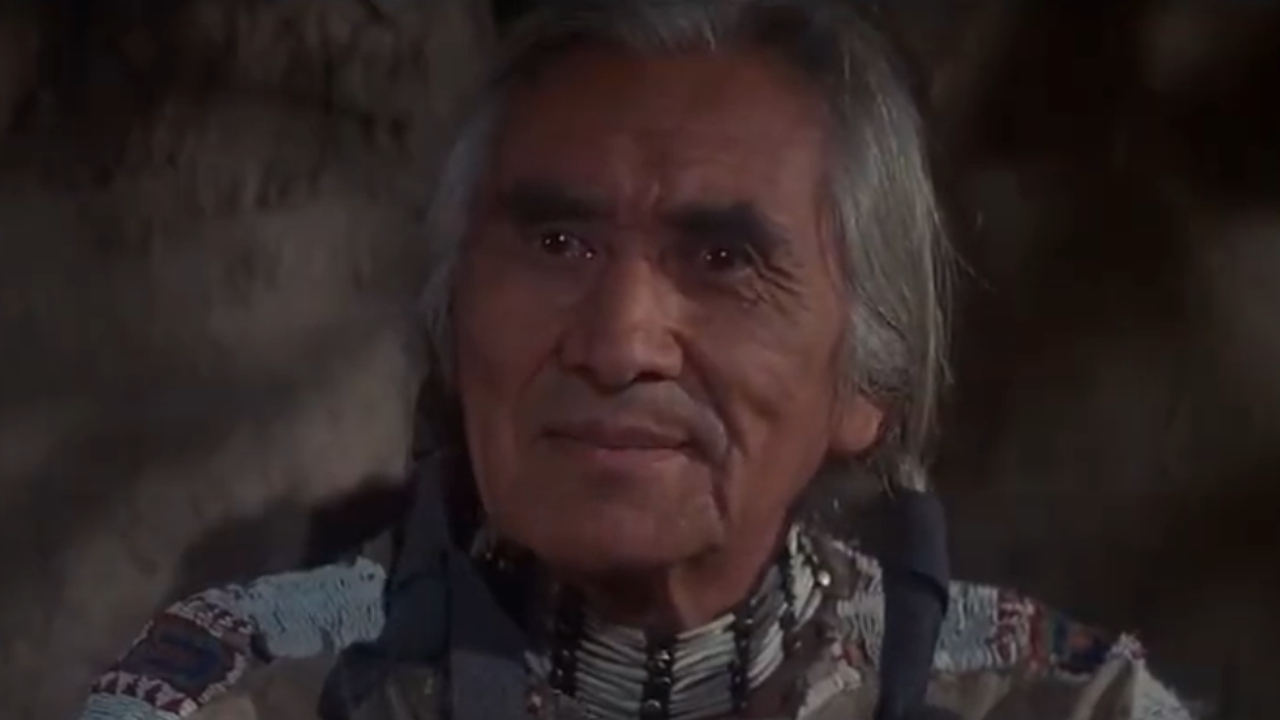
Chief Dan George Became The First Indigenous North American Best Supporting Actor Nominee With Little Big Man In 1971
In 1971, Chief Dan George, a leader of the Tse-lal-watt Tribe in British Columbia, Canada, became the first Indigenous North American to be nominated for Best Supporting Actor for his decorated performance in Little Big Man. In the film, George took on the role of Old Lodge Skins, the tribal leader who served as the father figure for Dustin Hoffman’s Jack Crabb, a.k.a., Little Big Man.
Your Daily Blend of Entertainment News
George passed away a decade after being nominated for an Oscar, and was quoted in his New York Times obituary as saying that he took up acting at the age of 62 “to do something that would give a name to the Indian people.”
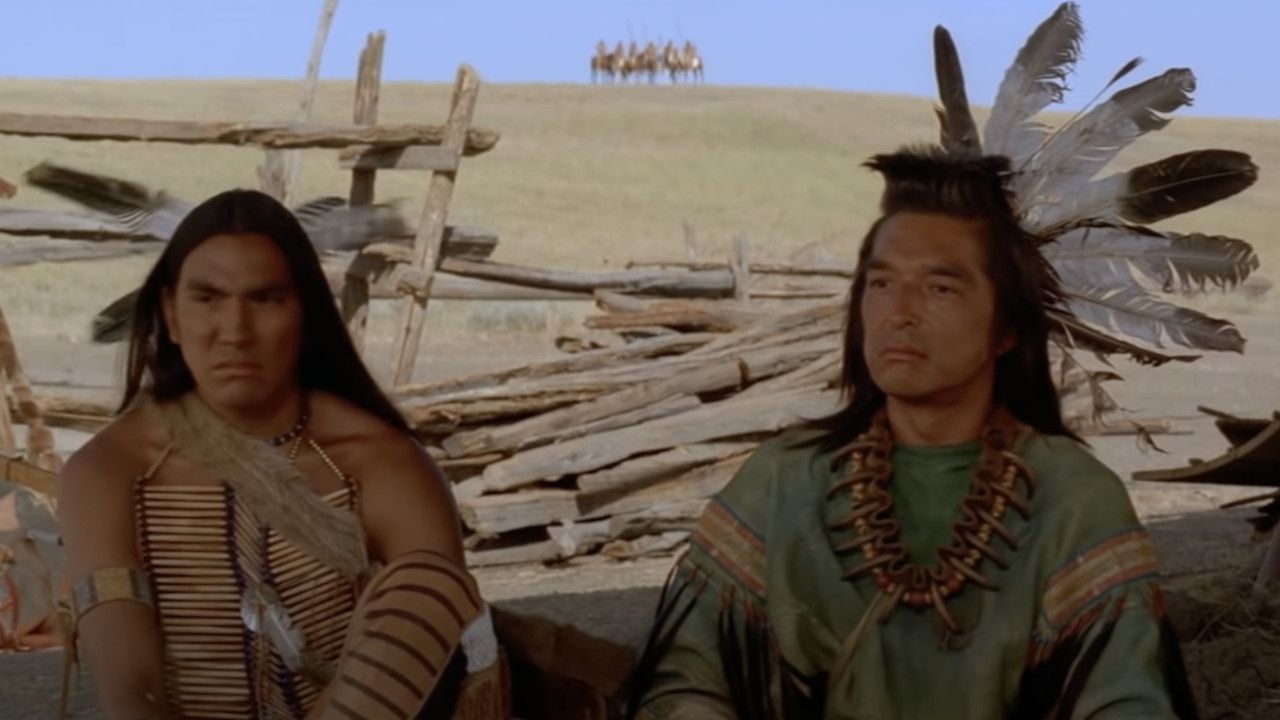
Dances With Wolves Won Best Picture At The 1991 Oscars, The Second Movie About Native Americans To Win The Award
Kevin Costner’s Dances with Wolves won seven Academy Awards at the 63rd Oscars, including Best Picture, making it only the second film about Native Americans to win the top honor, according to Time Magazine. The sprawling epic, which also earned Costner the Best Director award and a nomination for Best Actor, is still considered one of the best Western films and best depictions of Native American culture and history to this day.
Also nominated was Graham Greene, who was up for Best Supporting Actor at the ‘91 Oscars. The Oneida-born Canadian actor became one of the few Indigenous North American actors to be nominated in either of the acting categories. Since then, he’s continued to give commanding performances in movies like Wind River and shows like The Last of Us.
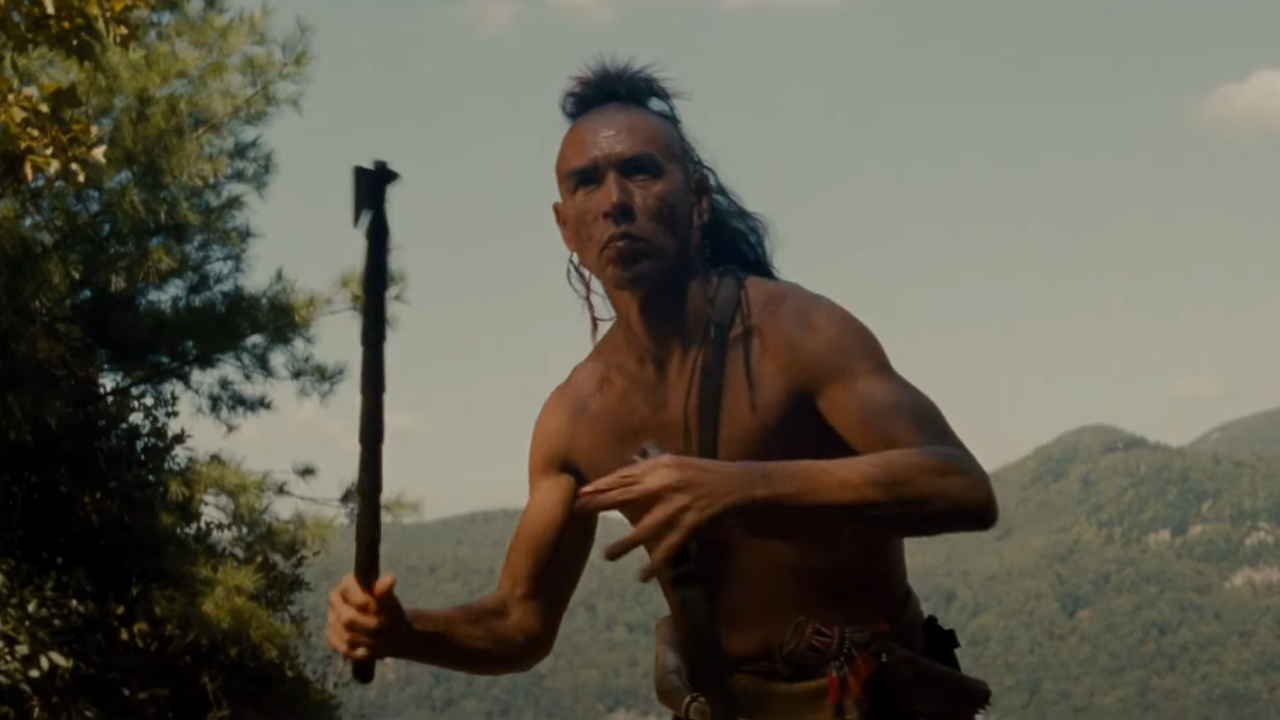
In 2019, Wes Studi Became The First Native American Actor To Receive An Honorary Oscar
In 2019, Wes Studi was honored at the 11th Annual Governors Awards when he was given an honorary Oscar by the Academy of Motion Picture Arts & Sciences Board of Governors during a ceremony also celebrating Geena Davis, David Lynch, and Lina Wertmuller, according to Deadline. Studi was born in the Cherokee Nation and appeared in Academy Award winners Dances with Wolves and The Last of the Mohicans throughout his career.
As reported by The Oklahoman newspaper following the October 2019 ceremony, Studi was honored by costars like Christian Bale and Q’orianka Kilcher, as well as former U.S. Poet Laureate Joy Harjo before he accepted the honorary Oscar, the first for a Native American actor.
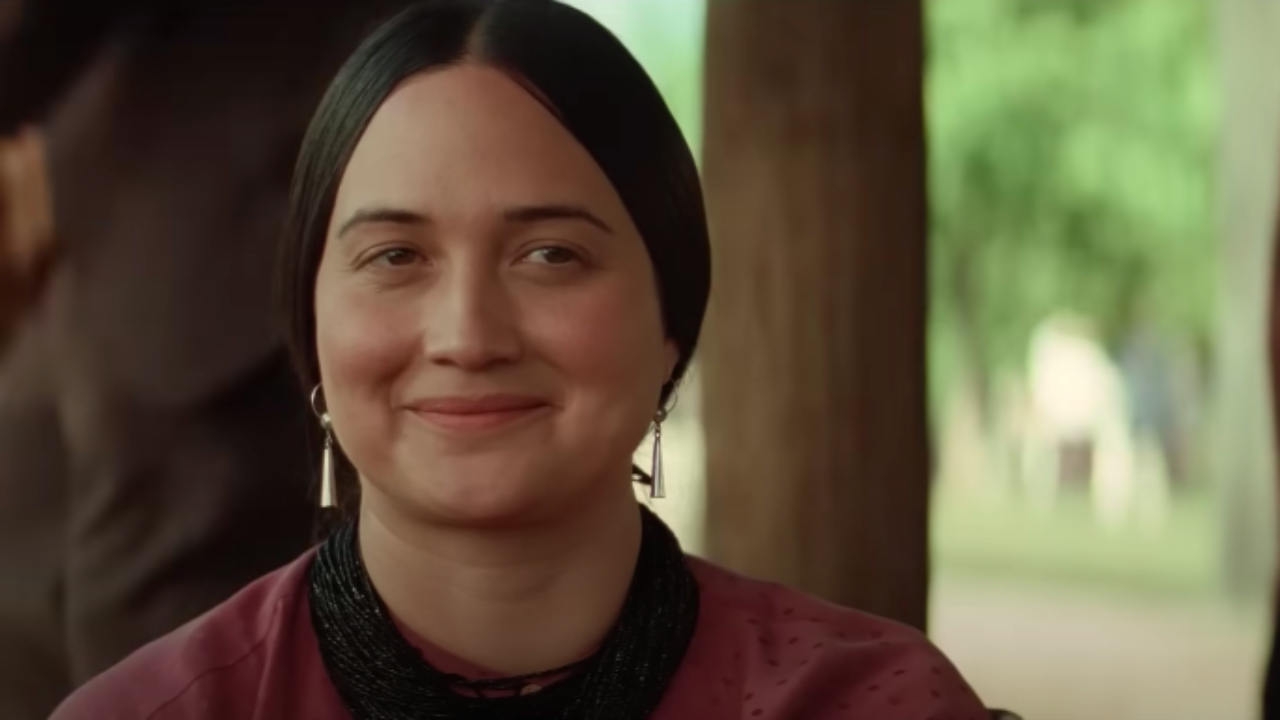
Lily Gladstone Became The First Indigenous American Actress Nominated For An Oscar In 2024
After winning a Golden Globe and several other accolades for her portrayal of Mollie Burkhart in Killers of the Flower Moon, Lily Gladstone made history in early 2024 when she became the first Indigenous American Best Actress nominee in Academy Awards history. And though she didn’t win the award, Gladstone was perfect in her performance as an Osage woman who never backs down or loses herself in light of the systematic murder or her family, friends, and community by greedy bad players.
Her Golden Globe win was also historic, according to Deadline, as no Indigenous woman had ever won Best Actress in the ceremony’s 80-year history.
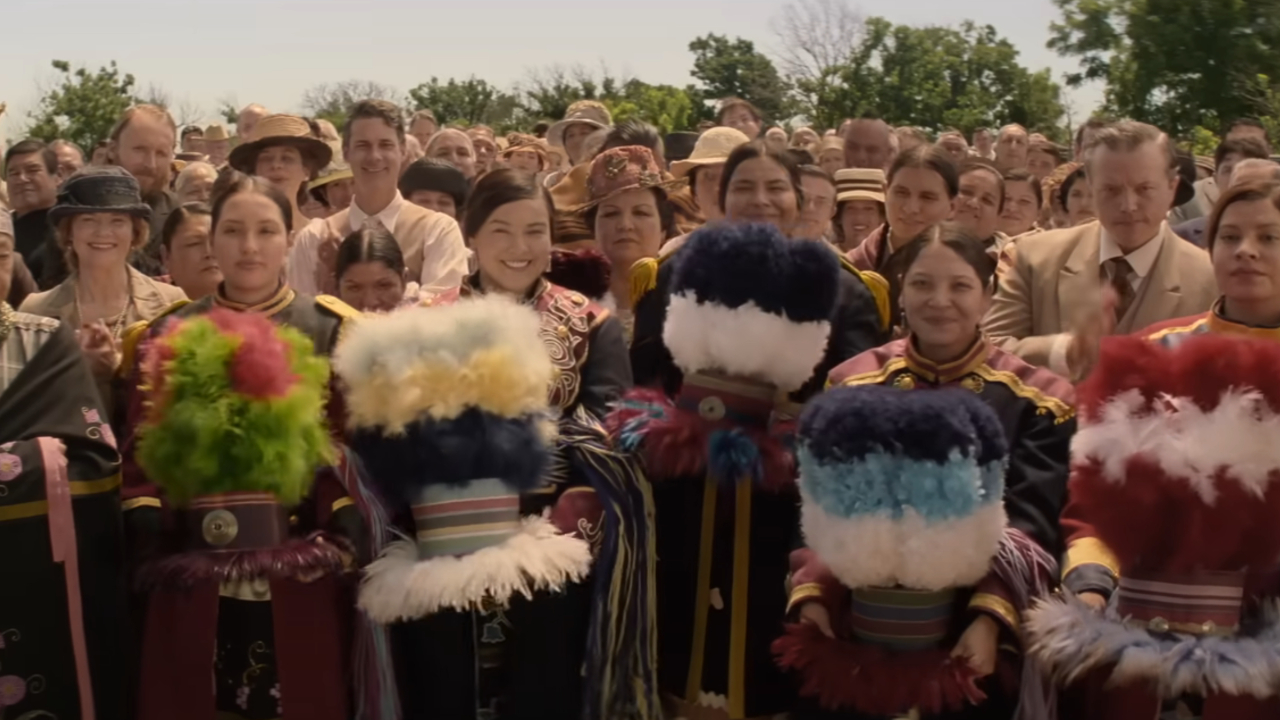
Scott George, The First Native American Nominated For Best Original Song, Performed At The 96th Academy Awards
Lily Gladstone wasn’t the only person associated with Killers of the Flower Moon to make history at the 96th Academy Awards, as Scott George, who wrote the Oscar-nominated Best Original Song “Wahzhazhe (A Song for My People)” became the first Indigenous nominee in the category. On top of that, George also became the first member of the Osage Nation to be nominated for an Academy Award.
George, along with the Osage Singers, performed “Wahzhazhe” at the March 2024 ceremony in front of Hollywood’s biggest stars and with millions watching from home around the world. It should also be noted that the late Canadian composer and The Band musician, Robbie Robertson, who had collaborated with Martin Scorsese extensively before his 2023 passing including the Killers of the Flower Moon score, had Cayuga and Mohawk heritage on his mother’s side.
On top of honoring these decorated actors, performers, and musicians, the Academy Awards has also served as a platform for others to raise issues concerning the treatment of Native Americans in the past. The most notable example of this is Sacheen Littlfeather, who appeared on behalf of Marlon Brando to refuse his Best Actor Oscar at the 1973 Academy Awards.

Philip grew up in Louisiana (not New Orleans) before moving to St. Louis after graduating from Louisiana State University-Shreveport. When he's not writing about movies or television, Philip can be found being chased by his three kids, telling his dogs to stop barking at the mailman, or chatting about professional wrestling to his wife. Writing gigs with school newspapers, multiple daily newspapers, and other varied job experiences led him to this point where he actually gets to write about movies, shows, wrestling, and documentaries (which is a huge win in his eyes). If the stars properly align, he will talk about For Love Of The Game being the best baseball movie of all time.
